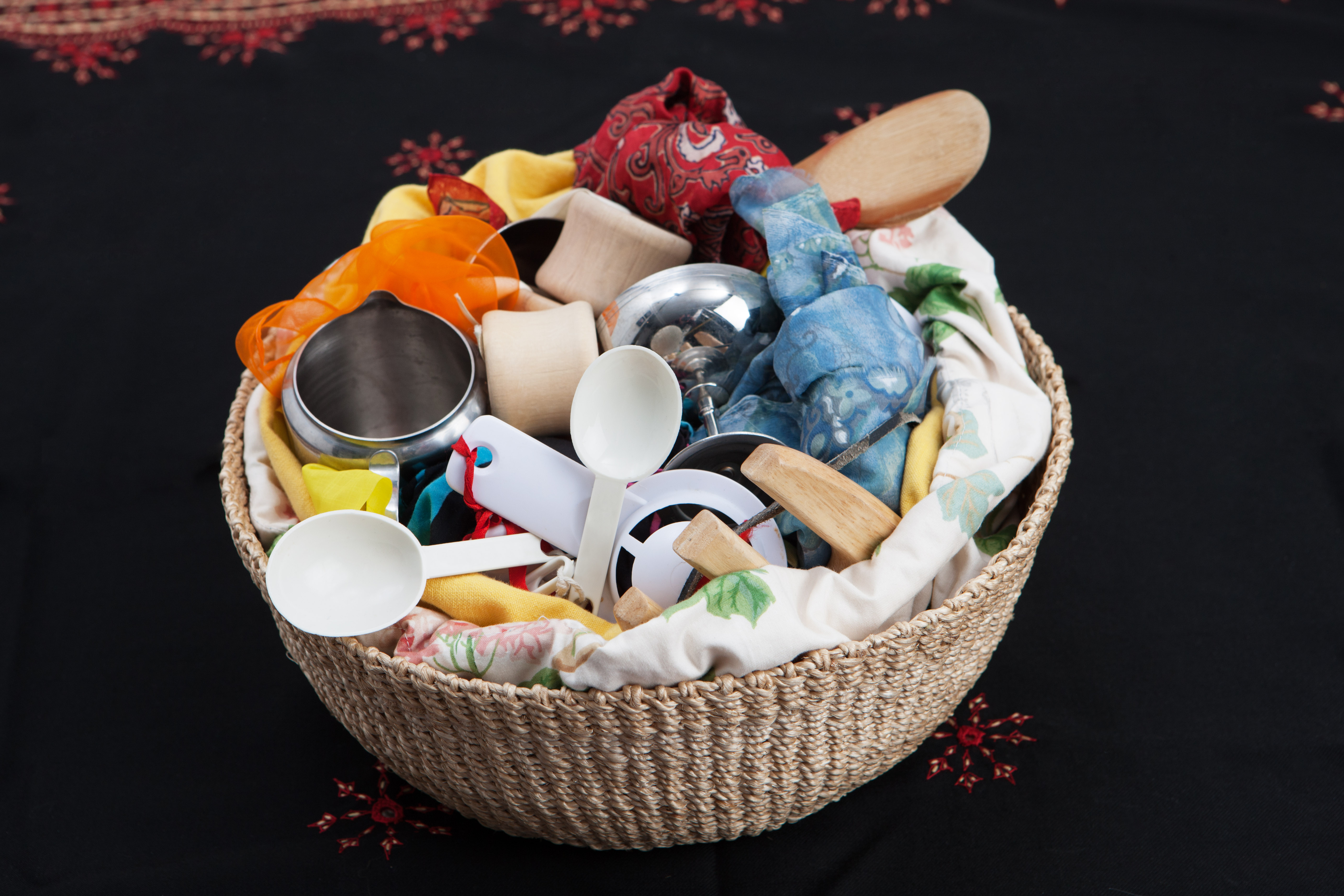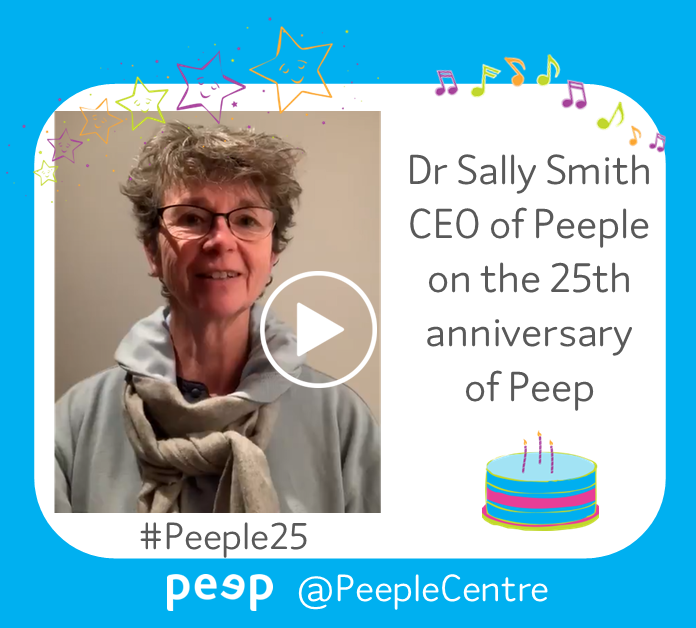Green
history of peep and peeple
The starting point for Peep was a breakfast meeting in the early 1990s between Michael O’Regan and Tim Brighouse, who was then Oxfordshire’s Chief Education Officer. Mike had developed a deep interest in the education of very young children; Tim was nationally renowned and about to become Professor of Education at Keele University.
Mike had one vital question: “Would an early years parent-focused project be a good idea?” Tim’s answer was emphatic and positive.
Mike started to develop a network of professional and academic supporters, and he became a governor of Peers School in Blackbird Leys, Oxford. He began to question the causes of underachievement and disaffection among some pupils, with the support of Bernard Clarke, the head teacher. His trail of questioning led down the age groups from secondary to middle to primary and then to pre-school children. First School teachers expressed their difficulty when children arrived with few social skills and little predisposition to read and learn.
Teresa Smith from Oxford University helped in setting up some mini-research, with two of her colleagues interviewing 19 local mothers. The response was consistent: they all desperately wanted to help their young children have a good start at school but didn’t know what they should do to support children’s early development; nor were they confident in their own abilities.
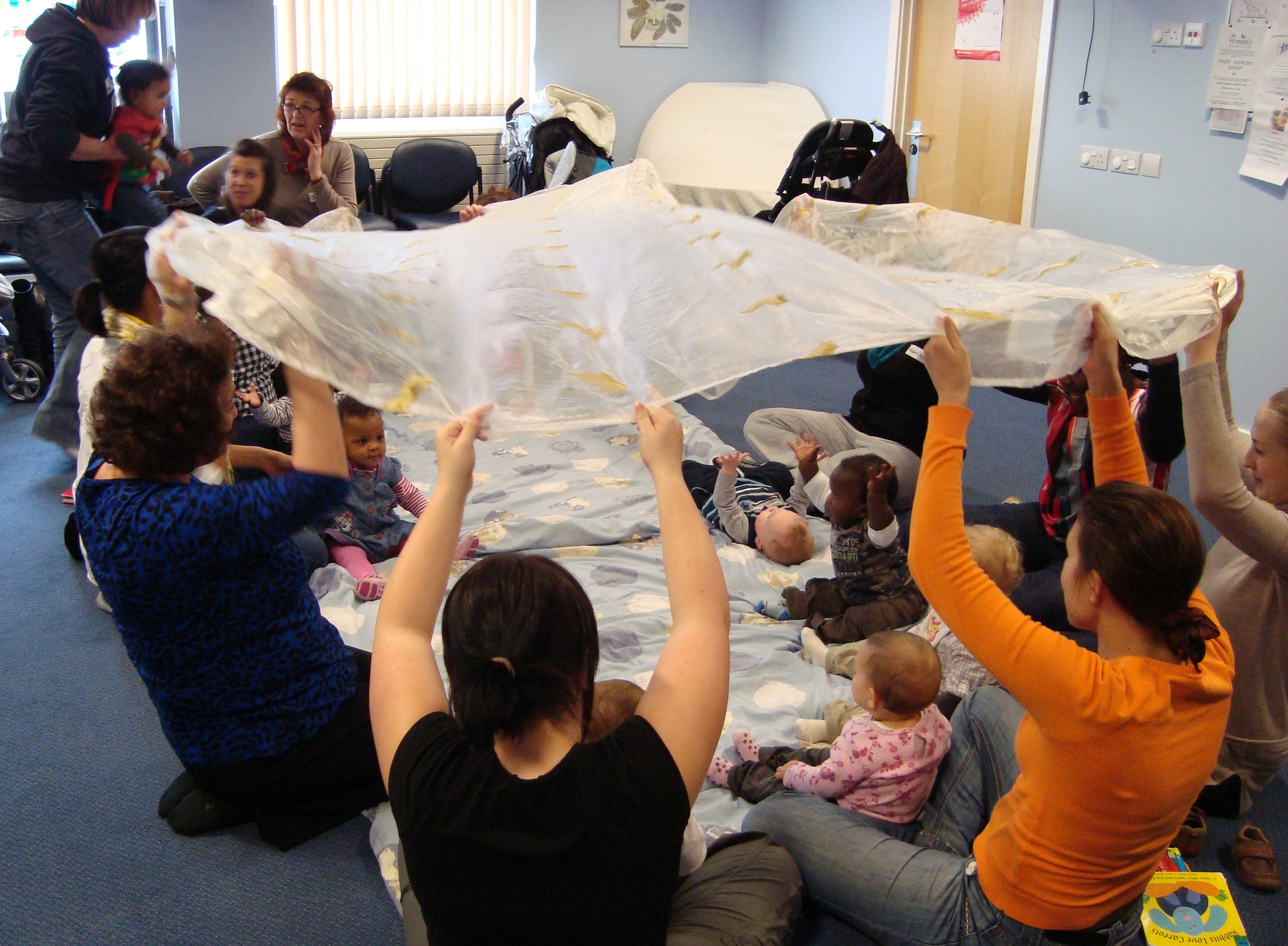 So, with backing and advice from experts in early literacy development, education and social policy, Peers Early Education Partnership (PEEP) was established in 1995. It had a particular mission to work with families in the catchment area of Peers School. The project was led by Dr Rosemary Roberts, crucial in shaping what PEEP did, as the first Director. She and music specialist, Dr Alison Street, developed sessions for families which became the basis of the Peep Learning Together programme. Tim Brighouse remained hugely enthusiastic and supportive, becoming a PEEP trustee.
So, with backing and advice from experts in early literacy development, education and social policy, Peers Early Education Partnership (PEEP) was established in 1995. It had a particular mission to work with families in the catchment area of Peers School. The project was led by Dr Rosemary Roberts, crucial in shaping what PEEP did, as the first Director. She and music specialist, Dr Alison Street, developed sessions for families which became the basis of the Peep Learning Together programme. Tim Brighouse remained hugely enthusiastic and supportive, becoming a PEEP trustee.
Additional to their local impact, the early Peep team helped affect national policy. They influenced the Department for Education’s definition of ‘early years’ changing to start at birth instead of age 3 as before, and the Treasury’s creation of Sure Start [later re-named Sure Start Children's Centres], which drew heavily on what they learned from Peep.
Over the following twenty years Peep was grounded in its Oxford base. This included leading one of the trailblazer Sure Start Local Programmes in the Rose Hill and Littlemore part of the local catchment area. The Peep vision was to transform a community by working with the students of the future by supporting their parents as first educators - and to do so from birth.
The project quickly established itself and drew attention; it grew beyond Oxford into a programme of national potential. Practitioner training and accreditation was developed. Since 2000 well over 10,000 practitioners, working in a wide variety of family support, education, health and community organisations, have been trained to deliver Peep programmes. The approach was clear from the outset: 'working with' rather than 'doing to' families. The replacement of ‘Peers’ with ‘Parents’ for the first initial of Peep reflected this change, while reinforcing the fundamental importance of ‘Partnership’.
Peep’s ideas were innovative, pre-dating and contributing to the Sure Start initiative and the now-accepted national focus on early intervention. As Mike O'Regan recalls: "Less helpful at that time were the Charity Commission: when we applied to be a charity, they rejected our charitable Object [aim] ‘to support the education and cognitive development of children from birth’. They said, ‘education of a 0-3-year-old is a contradiction in terms’. So we had to cheat, changing our Object to 3-5-year-olds but then ignoring that constraint as much as we could in what we did. Later, the Charity Commission did allow us to change our Object to ‘from birth’ ". By 2011 Department of Education policy was stating: “Mothers and fathers are their children’s first and most important educators.”
A number of university studies have evaluated the effectiveness of the Peep programme on parents and children, including those who are sometimes considered ‘hard to reach’. The development of qualification units for parents as well as practitioners - known as the Peep Progression Pathway - extended the learning opportunities for parents, often acting as a first step into further learning, volunteering or employment.
With Mike O’Regan still involved and since 2012 under the leadership of Sally Smith and a distinguished board of trustees, Peep’s progress needed one further evolution of its name. To reflect its growing reach and distinguish between the organisation and the programmes, while remaining committed to its origins and humane principles, the organisation became known as Peeple in 2014. This was chosen to reflect that Peeple is a learning enterprise with an inclusive, human approach, focused on parents, carers and young children.
> Read more about the difference between Peep and Peeple.
history
how it all began -
our organisation peeple,
and our peep programmes
Feature box colour:
find out more or book training
tel 01865 397 970
training@peeple.org.uk
> programmes
> training courses
> dates & booking
> sign up to our e-newsletter
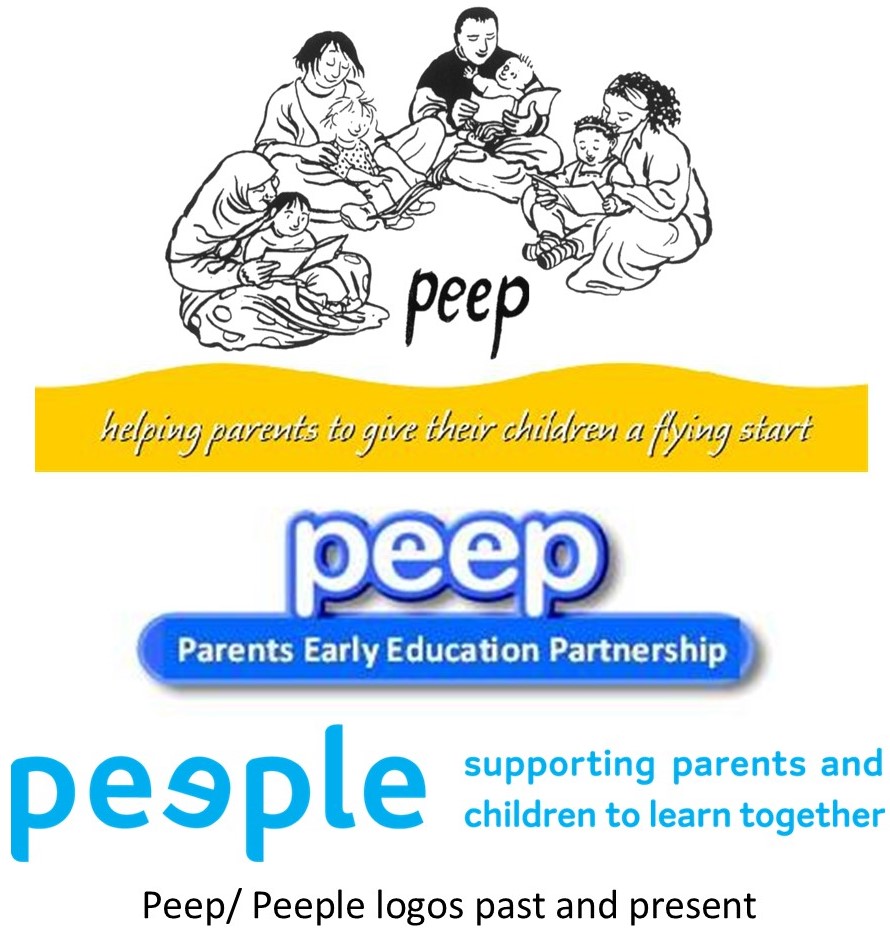
Side Quote Color:
- Read more about history of peep and peeple
- Log in or register to post comments
what we do
Peeple is a charity, whose main purpose is to support parents/carers, babies and children to learn together and improve children's outcomes, by valuing and building on what families already do. Peep practitioners and families share information and ideas from our evidence-based Peep Learning Together Programme about how to make the most of the learning and play opportunities that surround us in everyday life. Research shows that this - known as the home learning environment - makes the biggest contribution to narrowing the gap in children's outcomes. We want to share these messages as widely as possible. So, as well as working directly with families in Oxfordshire, we train practitioners around the UK, Ireland and Australia. All our work is underpinned by the Peep principles and the ORIM framework.
training practitioners
We train and support about 1000 practitioners every year. The Peep Learning Together Programme and the Peep Antenatal Programme are used by early years and family support professionals to help parents create the best start for their children by listening, talking, playing, singing and sharing books and stories together. Practitioners come from a range of backgrounds including family work, education and childcare, and health. You can read more about the variety of ways that people are using Peep Programmes.
programme delivery with families
We are also a delivery organisation, based in Oxford, where we work directly with local families. Some of this work is commissioned by our partners in the area, and some is funded to develop innovative ways of supporting parents and children to learn together. In 2018 we opened our Little Peeple Nursery, next to the Peeple Centre in south Oxford, incorporating our Peep Pre-school which opened in 2015. We have a Peeple base in Edinburgh, where we are supported by the Scottish Government to grow our work in Scotland and to develop parent qualifications and progression.
We are involved in research through the evaluation of our programmes and projects, and we work to influence policy both locally and nationally.
> Download our Peep Learning Together Overview leaflet.
Read more about Peep delivery around the country in our case studies.
what we do
find out how our charity supports families to learn together
Feature box colour:
find out more or book training
tel 01865 397 970
training@peeple.org.uk
> programmes
> training courses
> dates & booking
> sign up to our e-newsletter
Side Quote Color:
- Read more about what we do
- Log in or register to post comments
EYFS in little peeple nursery
Little Peeple Nursery follows the Early Years Foundation Stage (EYFS) principles and guidance. The EYFS was produced by the government and early years professionals, to be used by all childcare or early education providers, including nurseries, pre-schools and child-minders.
There are seven areas of learning and development in the Early Years Foundation Stage. Every area of development is equally important. The three prime areas are personal, social and emotional development, communication and language, and physical development. There are four specific areas in which the prime skills are applied: literacy, maths, expressive arts and design, and understanding the world. Stages of development are more important than ages.
Click on any of the links below to read more about how we put the EYFS principles into practice:
Feature box colour:
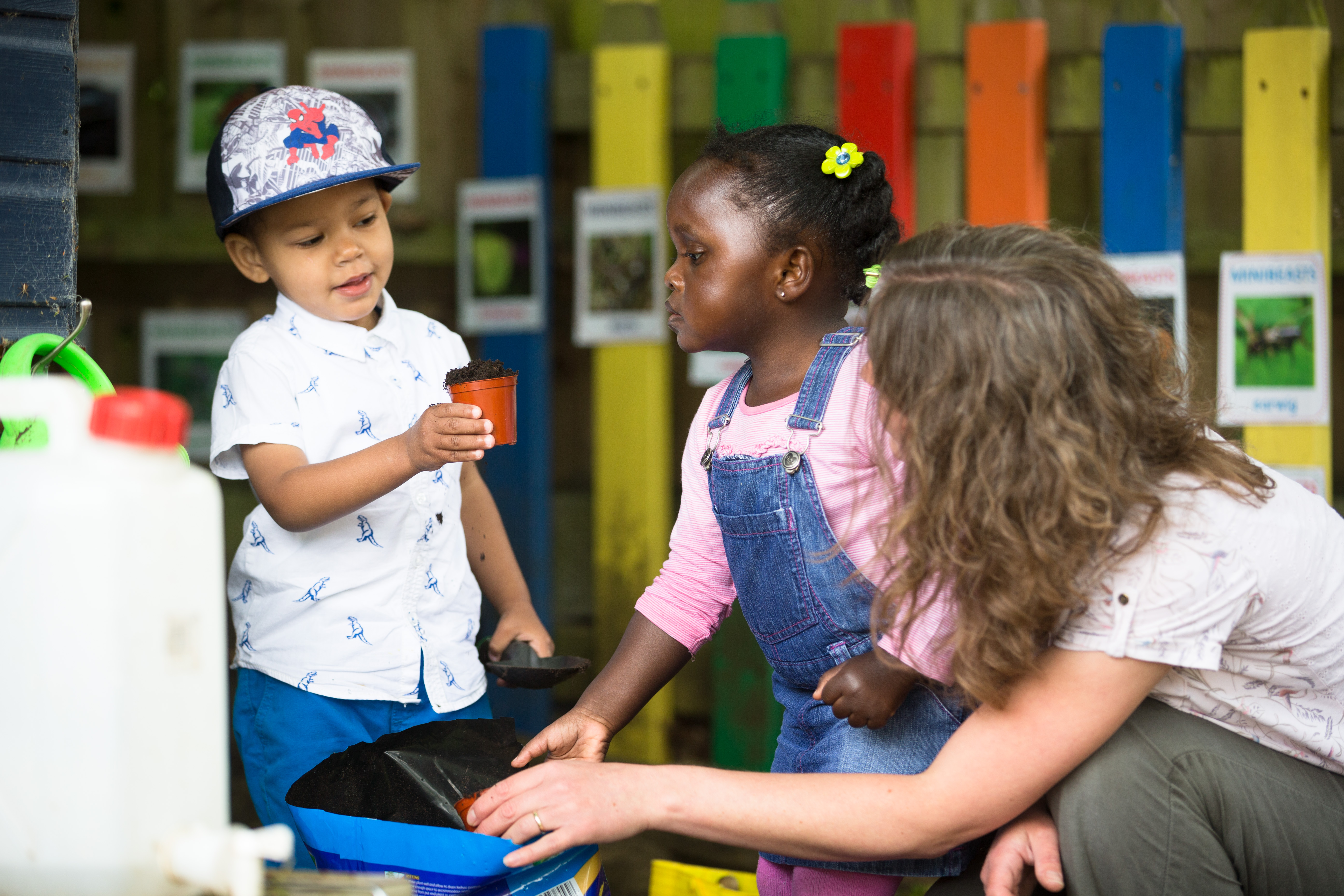
contact us
Contact us with any questions, to arrange a visit or to book a place at Little Peeple Nursery
Email:
littlepeeplenursery@peeple.org.uk
Address (for sat nav):
Little Peeple Nursery
The Oxford Academy
Northfield Close entrance
Littlemore, Oxford
OX4 4NH
Tel: 01865 397972
Side Quote Color:
peep antenatal programme: getting to know your baby
Our antenatal programme supports expectant parents (mums and dads) to:
- think about their baby, tune in to their baby's feelings and respond sensitively (also known as reflective function),
- understand the importance of sensitive parenting to developing a loving, consistent and secure attachment,
- become more aware of the social and emotional aspects of the transition to parenthood,
- manage their own (sometimes difficult) feelings that are aroused by a new baby,
- understand how to support their baby's early learning and brain development,
- meet other expectant or new parents and develop a supportive network group, and engage with other local services,
- reduce the risk to the early parent–infant relationship (by helping to prevent, for example, isolation, anxiety and low-level depression).
These things help parent-baby bonding and attachment. Research indicates that strong relationships enhance parents' confidence and self-esteem. They also contribute to better outcomes for the child in terms of their cognitive development (learning and understanding), the relationships they build, and their resilience to cope if life gets tough.
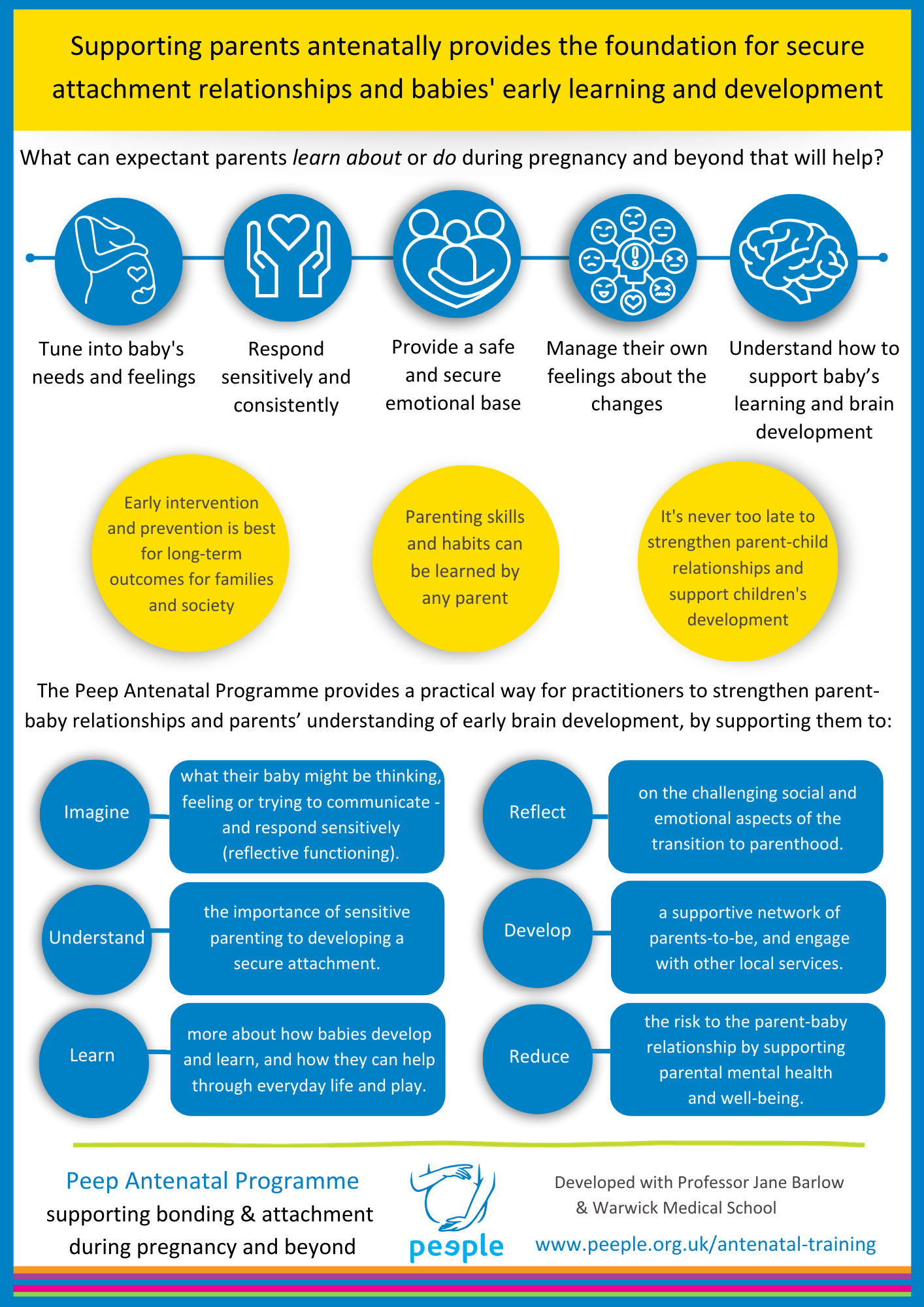 peep antenatal training - for practitioners
peep antenatal training - for practitioners
Our 1-day Peep Antenatal training equips practitioners with the knowledge, practical skills and resources to deliver the Peep Antenatal Programme. As the Covid pandemic has highlighted, early intervention plays a crucial role in supporting families at such a life-changing time.
feedback from parents-to-be
'I found out lots about what baby gets up to inside my belly'
'We learned how to help our baby to learn and what to expect, and how important it is to interact with baby before she’s even here'
'I enjoyed making baby’s first book, meeting other mums to be, sharing stories’
'Since coming to Peep Antenatal I massage my tummy, sing songs and talk to her'
'I was surprised and pleased to find out that my baby is a lot brighter than I thought'
using the antenatal programme with expectant parents
The Peep Antenatal Programme can be used perinatally - during pregnancy (from 28+ weeks is recommended) to the early weeks following birth. It can be used for a flexible number of sessions, including one-to-one with parent/s and baby in the home or in other settings, or in groups.
programme development
Our antenatal programme for families, and the training for practitioners, were developed with Professor Jane Barlow and colleagues at the University of Warwick Medical School. It was originally known as Peep Reflective Parenting. All Peep Programme delivery is underpinned by our principles.
> Download our Peep Antenatal Programme & Training leaflet or find out about our next Antenatal Training dates.
peep antenatal programme
'getting to know your baby'
Feature box colour:
-
‘I didn’t realise my baby would be able to hear when he was born…’ (Dad)
-
‘I’d never thought it was worth talking to a new born baby’ (Mum)
find out more or book training
tel 01865 397 970
training@peeple.org.uk
> antenatal training
> in-house training
> training courses
> sign up to our e-newsletter
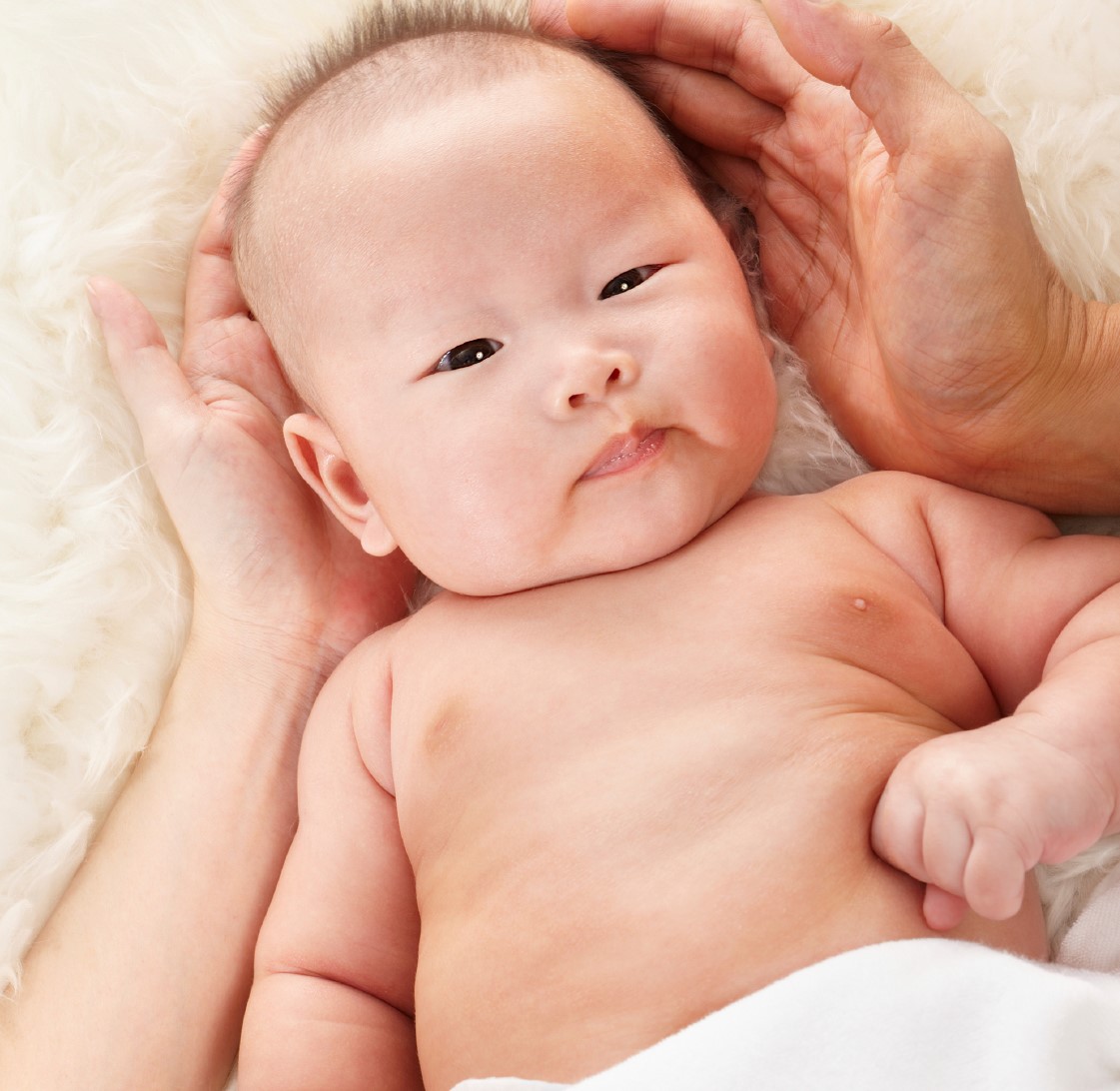
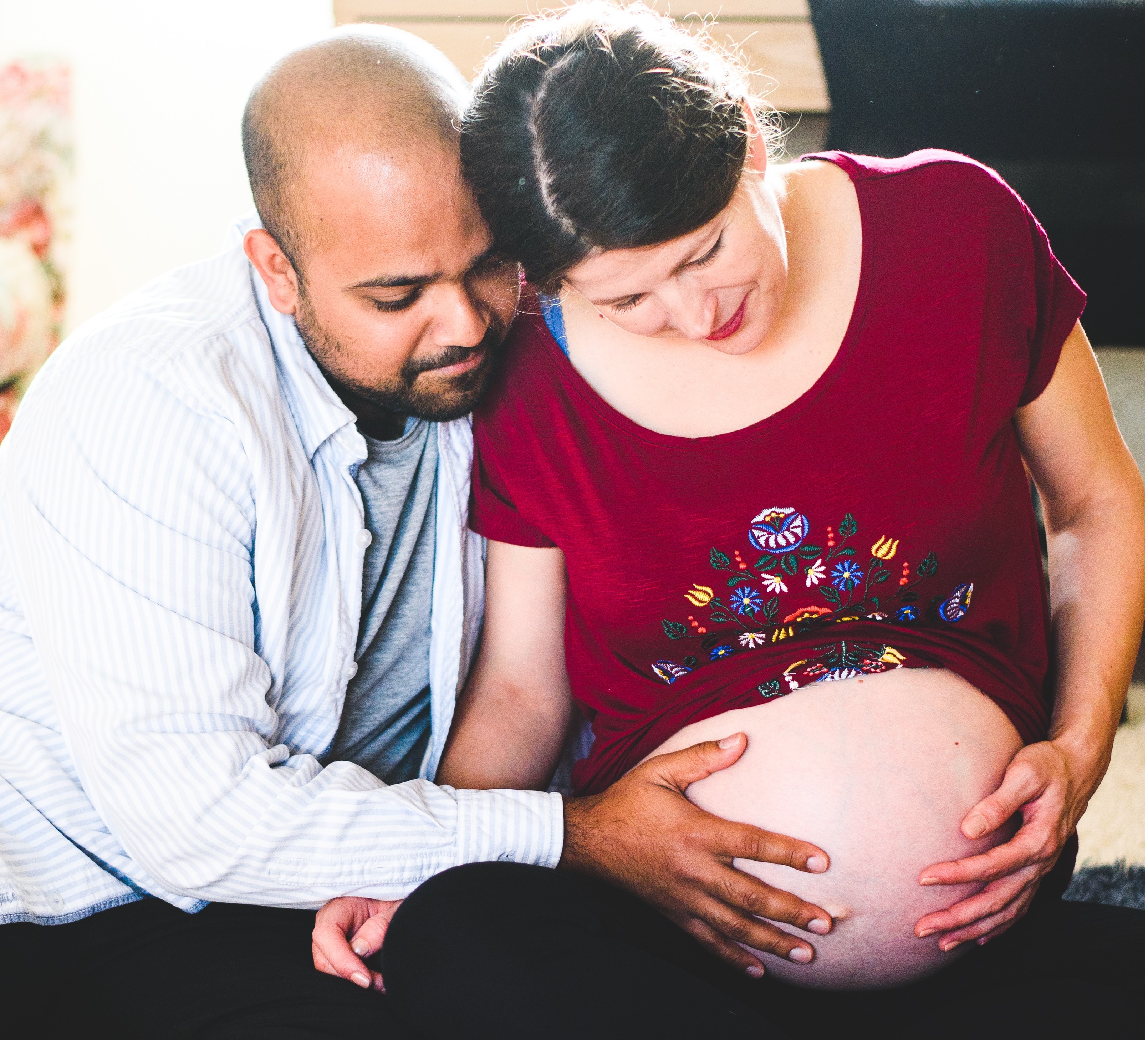
Side Quote Color:
- Read more about peep antenatal programme: getting to know your baby
- Log in or register to post comments
child-minding project
We are working with Action for Children on a two-year project working with child-minders in Oxfordshire and around the country.
The aim of the project is to improve outcomes for children, through training and supporting child-minders:
- to use the Peep Learning Together programme in their work directly with children and
- to share elements of the programme with parents.
The project is being funded by the Department of Education.
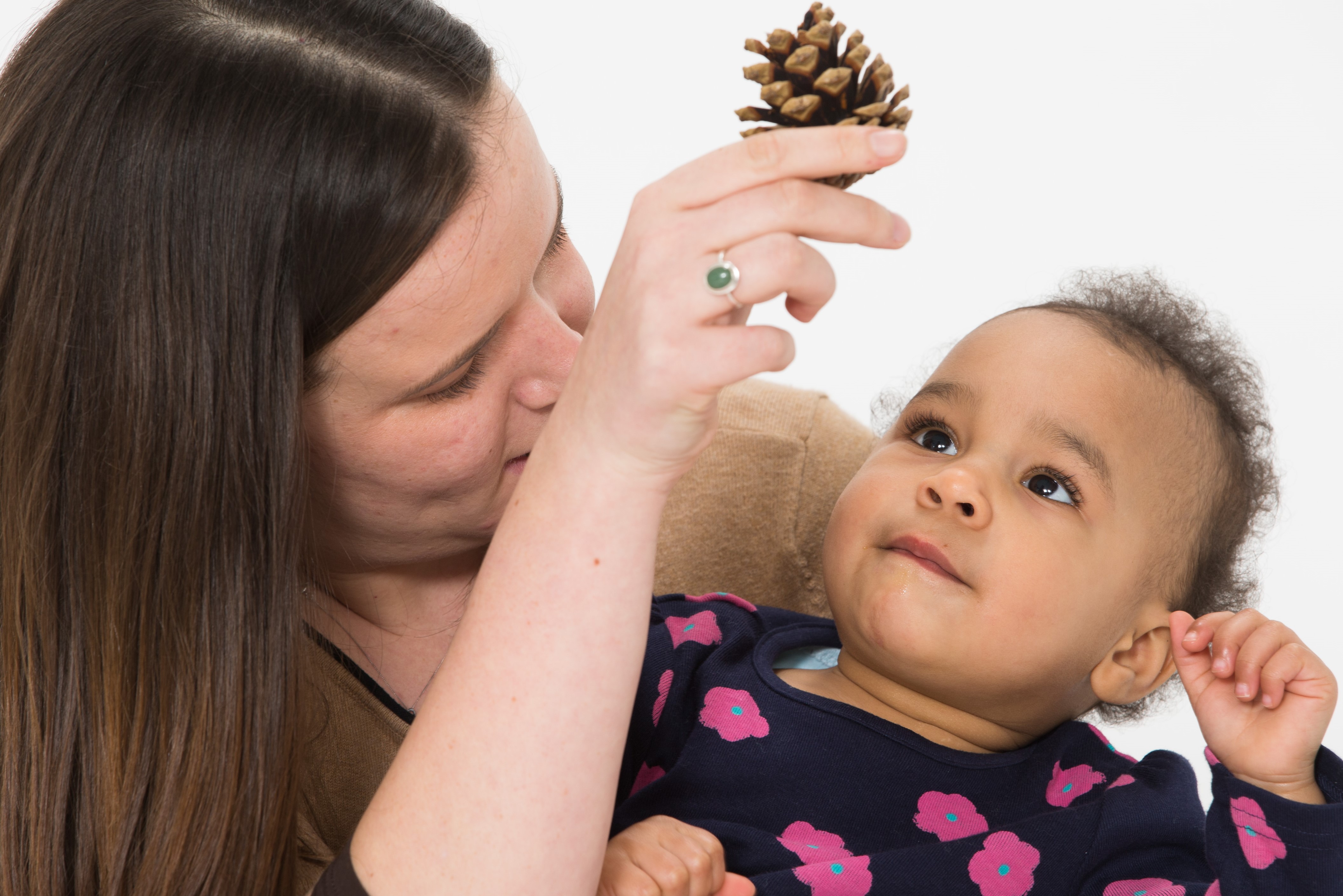
Feature box colour:
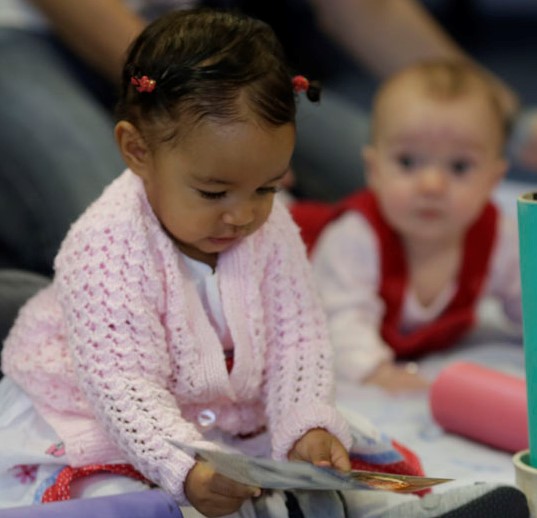
commissioning peep services
Contact us for more information or a quote:
Tel 01865 395145
helen.stroudley@peeple.org.uk or lindsey.hart@peeple.org.uk
> Sign up to our e-newsletter
Side Quote Color:
- Read more about child-minding project
- Log in or register to post comments
early language support
We have been working in partnership with the NHS to carry out a three year project (commissioned by Oxfordshire County Council) to develop and deliver high quality support for early language development from birth to four.
The purpose of the work is to enhance the life chances of children by improving their communication and language skills.
With speech and language therapists across the county, we now provide a menu of interventions which combine the strengths of both our organisations, add value to what we can offer, and avoid duplication.
The Early Language Support programme combines targeted and universal services which:
- work preventatively with families from the earliest weeks of their child’s life
- work with and through parents, supporting them as their child’s first and most significant educator
- provide specialised speech and language support where needed
- improve access to families who may be hard to reach
- train practitioners in early years settings
- embed training into practice.
> Read more in an article from the Public Services Review
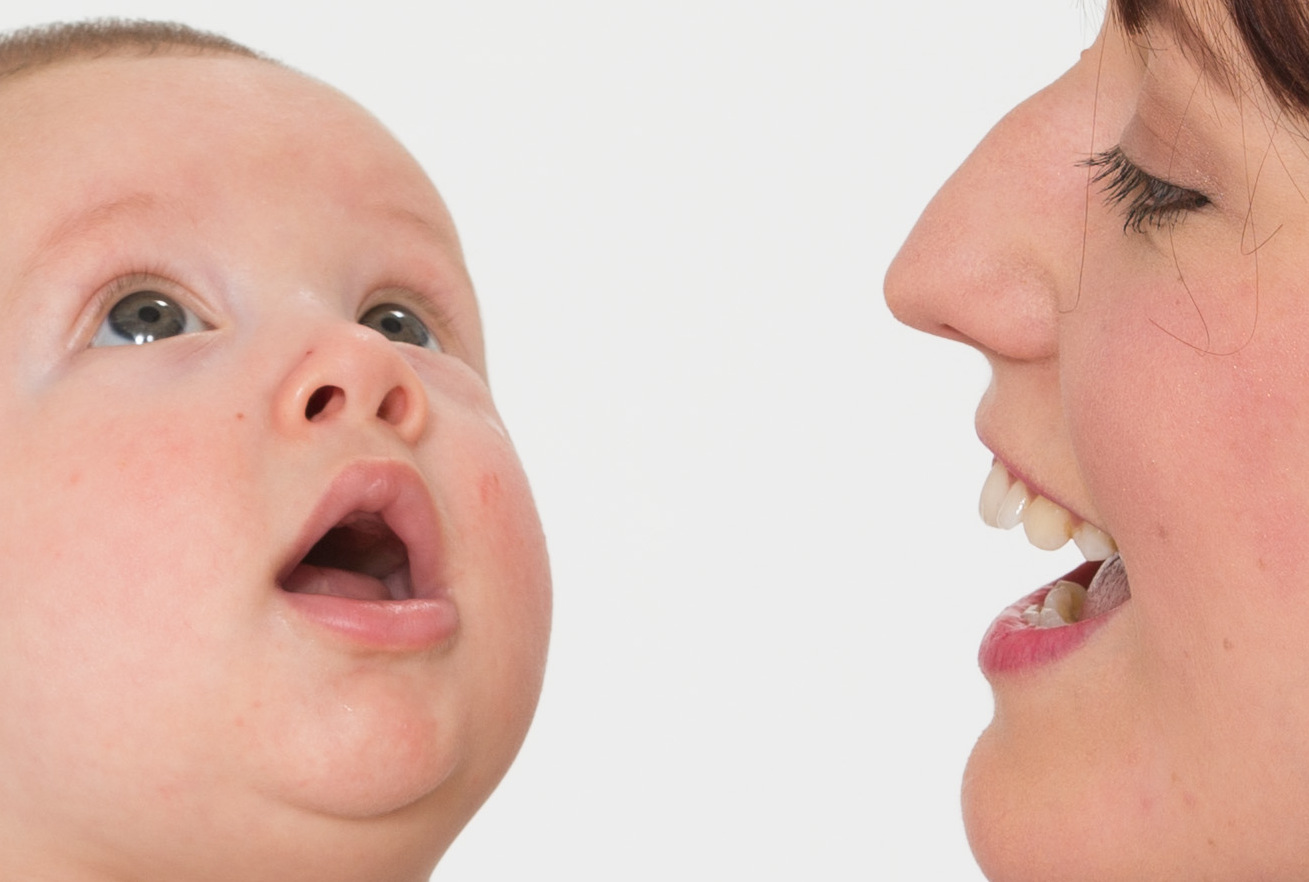
early language support
with the NHS
Feature box colour:
commissioning peep services
Contact us for more information or a quote:
t 01865 395 145
helen.stroudley@peeple.org.uk or lindsey.hart@peeple.org.uk
> Services overview
> Sign up to our e-newsletter
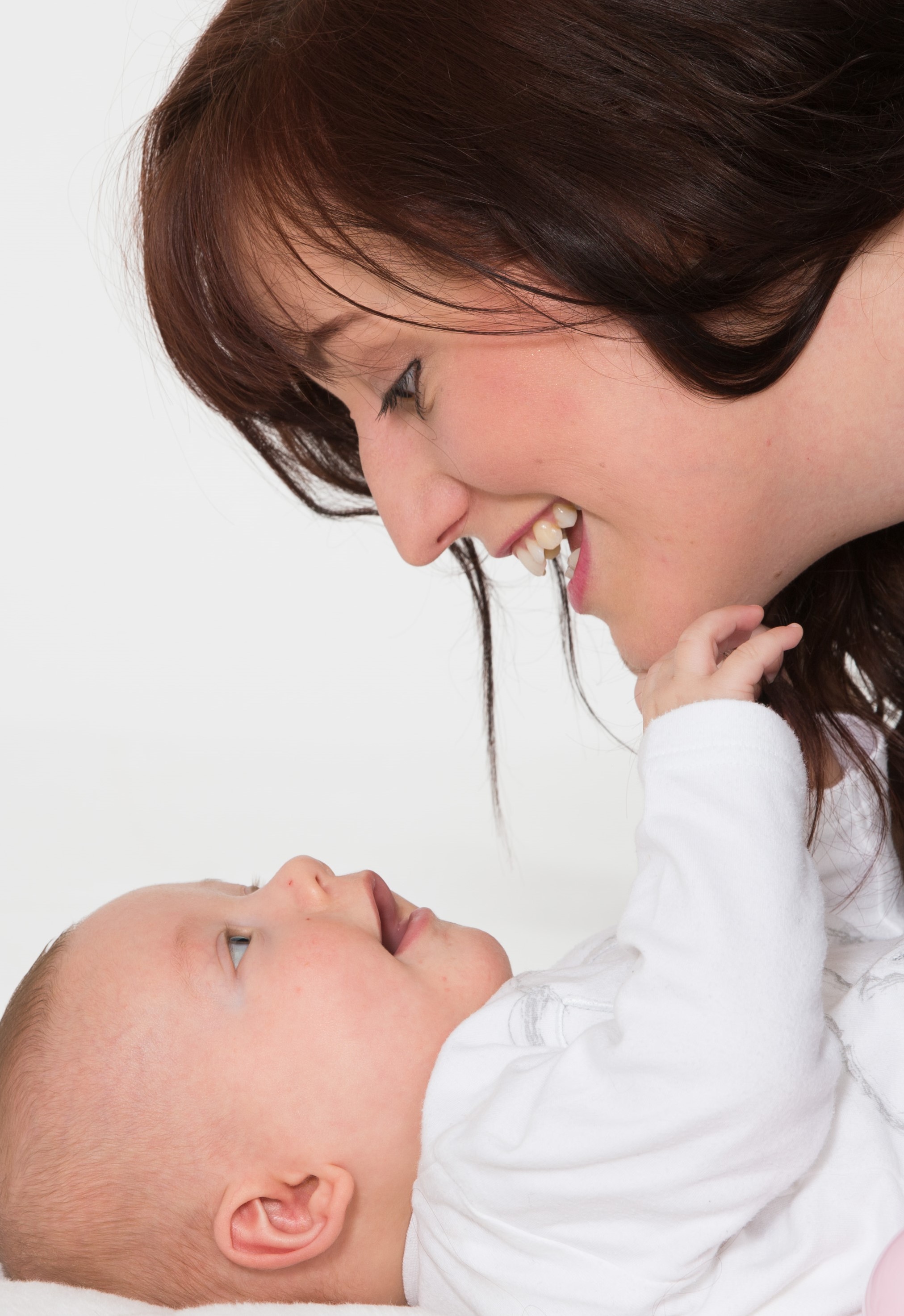
Side Quote Color:
- Read more about early language support
- Log in or register to post comments
peeple centre - local delivery
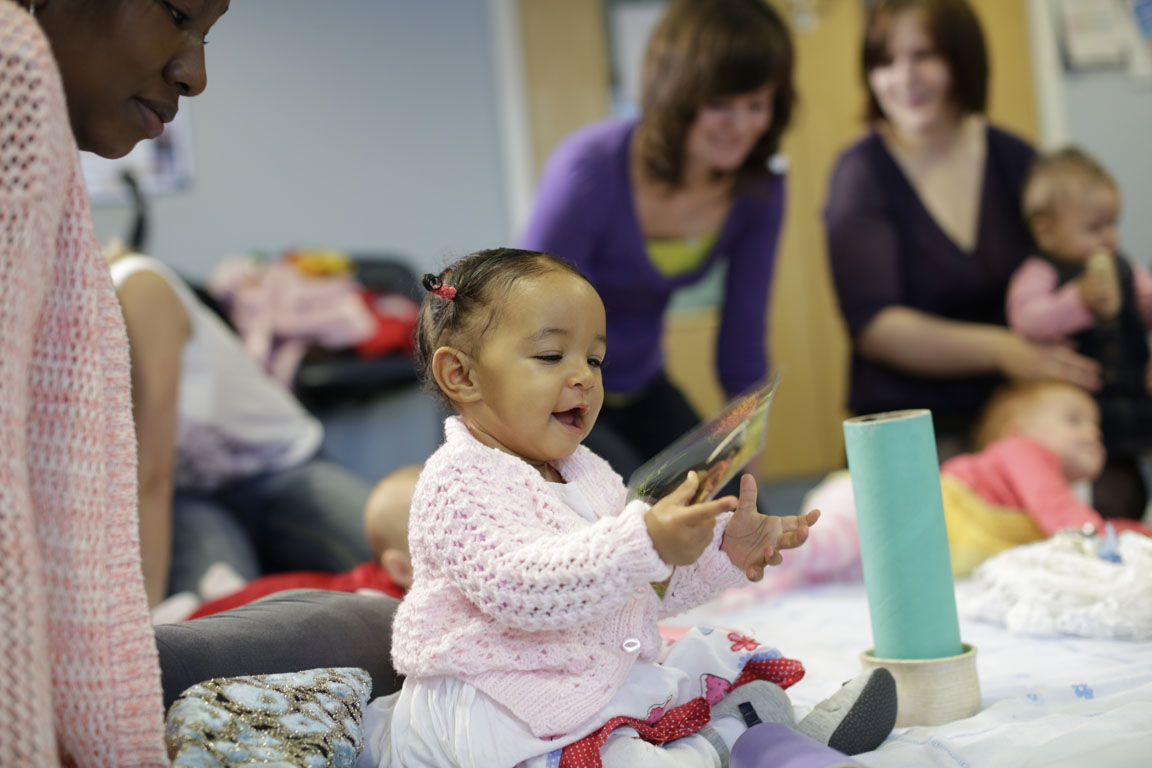 Our work in Oxfordshire keeps us grounded in the reality of parents and young children learning together. It’s also lots of fun! Delivering the programme with families informs our training and provides continuing evidence of the effectiveness of our programmes.
Our work in Oxfordshire keeps us grounded in the reality of parents and young children learning together. It’s also lots of fun! Delivering the programme with families informs our training and provides continuing evidence of the effectiveness of our programmes.
Peeple Centre
At the Peeple Centre in Oxford we have been working with local families, using the Peep Learning Together programme, since 1995. This is the only place that we employ our own Peep practitioners, and have our own Little Peeple Nursery.
We also train practitioners employed by other organisations, who are using the Peep Learning Together Programme around the UK, Ireland and Australia. The programme is used in outreach work, groups and drop-ins sessions, with parents/carers and their children from birth to school.
We work in partnership with local health, education and voluntary sector organisations to provide a wide range of Peep delivery in Oxfordshire. We were involved in establishing and running a couple of local children’s centres, before local authority funding cuts.
Peep with families - Delivery Team in Oxfordshire
If you’re pregnant or a parent/carer of a 0-5 year old in Greater Leys, Blackbird Leys, Littlemore or Berinsfield in Oxford/shire, or a professional working with families in these areas, please contact us to find out more about free Peep Learning Together sessions:
Tel 01865 395145 or email families@peeple.org.uk or find out more: www.peeple.org.uk/parents-area
The list below shows some of the kinds of delivery that we've been involved in locally, with links to give you an idea of what that work entails.
peeple centre -
local peep delivery in Oxford
Feature box colour:
find out more or book training
tel 01865 397 970
training@peeple.org.uk
> dates & booking
> in-house training
> training courses
> sign up to our e-newsletter
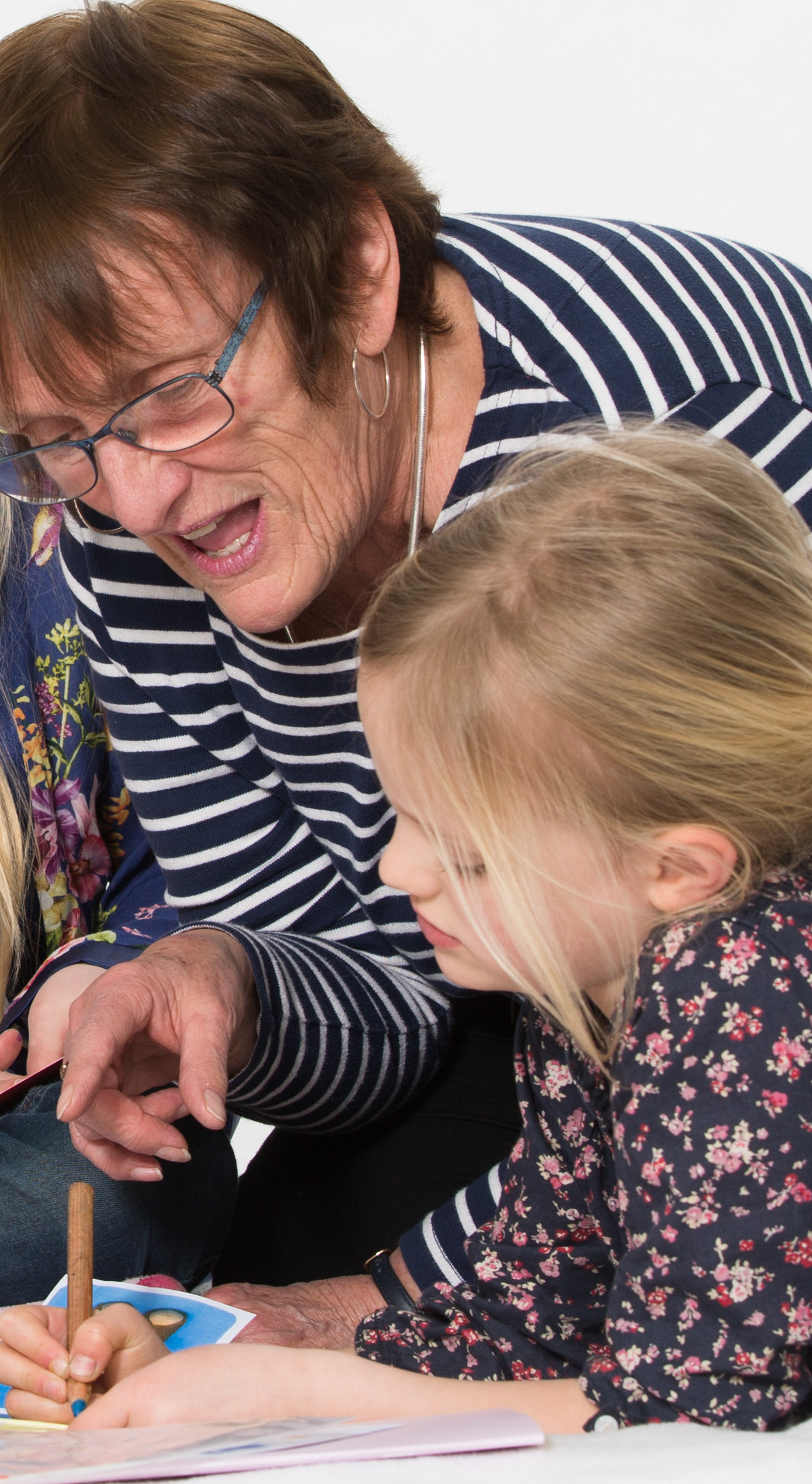
Side Quote Color:
- Read more about peeple centre - local delivery
- Log in or register to post comments
music moves: intercultural approaches to connecting through music
The aim of this action research project was to make music accessible to families with preschool children, especially families who, for diverse reasons may not access mainstream services. Activities took place in Luton, Birmingham and Oxford.
Music leaders liaised with local children’s centre professionals including family support and health workers to:
- establish an integrated approach that helps families to access music provision, and which benefits services to support families
- promote music making as a valued part of provision for families
- raise expectations of what families can do and participate in musically
- develop practical strategies and approaches that are helpful and accessible to families.
Phase one involved interviews with parents about their existing musical interests and experiences with their children, to inform approaches and with professions about their views on using music with families. Phase two involved direct delivery of musical sessions with families over 20 weeks, and reflective sessions with the musical leaders.
Music Moves ran for two terms, from Sept 2011 to end of March 2012. The project was administered through St Thomas Centre in Birmingham, headed up by Cynthia Knight. It was funded by Youth Music and evaluated by Dr Susan Young from the University of Exeter.
The project contributed to the production of a CD of rhymes and lullabies and to the development of a training day in ‘Working with South Asian Families’. Dr Alison Street and Nuzhat Abbas reflected on this project in a paper they presented at the Music Educators and Researchers of Young Children (MERYC) conference:
> Music Moves: the development of intercultural approaches to engage musically with ‘hard to reach’ families
music moves
connecting through music
Feature box colour:

Side Quote Color:
time to play project
The aim of the Time to Play project was to improve the integration of young children of ethnic minority (particularly Muslim) families, into the services offered by Children’s Centres. The project developed culturally appropriate approaches for mother and child sessions, based on creative play as a foundation for learning. These approaches fostered communication, self-esteem, language and creativity, and built on successful practice evolved through Peep. Through participatory action research, the project arrived at recommendations for intercultural practice and materials that respect the mothers’ values and parenting styles, and support their children’s development in line with the Early Years Foundation Stage.
The Time to Play project was participatory in its approach. It involved parents in the design of what ‘works’ for them, as being culturally relevant and in tune with their aspirations, and in recognition of what they already do at home. It extended the Peep group provision by focusing on creative play for early learning within ethnic minority communities. These groups were based in Children’s Centres in Oxford, Bristol, Southampton and Birmingham, with a high proportion of Muslim families and different ethnic backgrounds in each city. The project ran in three progressive phases: Consultation/information gathering; Development and delivery of approaches; Dissemination/sharing of what we learned. The work in this project also led to the production of a CD: Singing Together in Urdu and Punjabi.
Implications for future practice and ways of working, along with practical approaches and ideas, emerged during the project. You can read more about them in the:
> summary of the Time to Play action research project
> paper presented at the MERYC conference (Music Educators and Researchers of Young Children) by Dr Susan Young and Alison Street.
Time to Play was managed from the Peeple Centre in Oxford, and the approaches were researched in partnership with Dr Susan Young from the University of Exeter, who has extensive experience of similar projects.
Watch Nuzhat's presentation on the importance of Punjabi families valuing their home language and culture. (Part of a seminar at the Punjabi Mela in Sahiwal, Pakistan in April 2014; in Punjabi with English subtitles; 7 minutes.)
Feature box colour:


Side Quote Color:
room to play
Room to Play was an innovative drop-in style provision in a community shopping centre, underpinned by the Peep ethos and programme. It aimed both to welcome and value all parents and carers, and to extend their existing parenting practices. Room to Play sought to appeal to ‘excluded’ or isolated families who, for a range of reasons, may not have accessed other services. The project was funded by the Sutton Trust and the Garfield Weston Foundation.
Several recent research studies point out that it is often the services themselves that inadvertently exclude families. As Oxford University’s evaluation (Evangelou, Smith, Coxon, Sylva, 2008) indicates, Room to Play has gone a long way towards overcoming these barriers and engaging with a wide cross section of families.
engaging families: approaches used in room to play
- Taking the service to the user, rather than expecting the user to come to the provider: Room to Play was based in a busy community shopping centre, and was open six days a week throughout the year.
- Effective engagement requires time, sensitivity and flexibility: relationship-building, friendship and social interaction were some of the successful ways of supporting parents and children. Staff also helped parents to ‘move on’ and access other provision.
- It is important to locate the service in attractive premises: parents said that they felt comfortable within the open-plan, home-from-home environment. They could relax with their child(ren), as well as joining in ‘messy play’ activities (such as painting, and playing with playdough, water, sand and ‘gloop’).
An independent evaluation of the project was carried out by the University of Oxford, in three phases. Download a brief summary or the final full research report of the evaluation here.
Peep-trained practitioners from any professional background can use the Learning Together programme with families in any context or setting. Follow the links for more information about our Learning Together Programme and Training.
room to play (shopping centre) study
Feature box colour:
‘Room to Play had decreased [the mum’s] social isolation, and importantly, she had begun to interact more positively with her child, and was growing in confidence. She had made a treasure basket for her child and was beginning to use everyday objects such as wooden spoons in playing with her son.’
